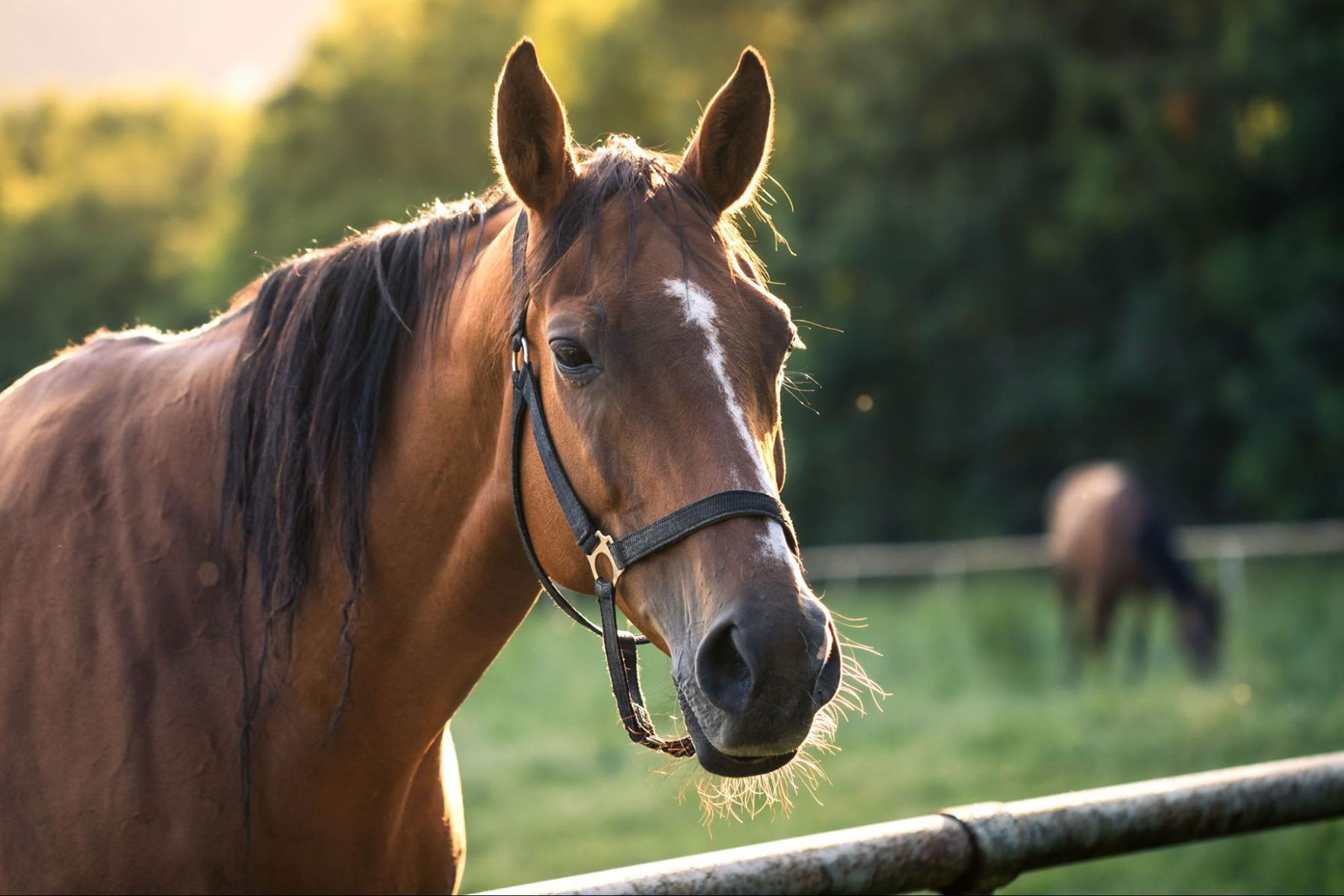Rhodococcus equi and Streptococcus equi subsp. Zooepidemicus are significant bacterial pathogens affecting horses, particularly foals. Understanding their impact, transmission, and prevention is crucial for maintaining equine health.
Rhodococcus (R. equi)
Rhodococcus equi is a gram-positive, facultative intracellular bacterium prevalent in soil and the intestinal tracts of herbivores. It is the leading cause of severe pneumonia in foals aged one to six months, characterized by lung abscesses, coughing, fever, and respiratory distress. Beyond respiratory issues, R. equi can cause extrapulmonary disorders, including diarrhea, joint infections, and osteomyelitis, posing a significant threat to the health and development of young horses.
Streptococcus zooepidemicus
Streptococcus equi subsp. Zooepidemicus is a beta-hemolytic bacterium commonly residing in the upper respiratory tract of horses. While often a commensal organism, it can become opportunistic, leading to respiratory diseases, uterine infections, wound infections, and septicemia. In foals, it is a primary agent of bacterial pneumonia, often following viral infections or environmental stressors. Its ability to cause a range of infections underscores its adaptability and potential severity in equine populations.
Transmission of Streptococcus zooepidemicus
S. Zooepidemicus is typically transmitted through direct contact with infected animals, inhalation of respiratory droplets, or exposure to contaminated environments. Factors such as overcrowding, poor ventilation, and stress can facilitate the spread of this disease among horses. Notably, this bacterium can also be zoonotic, capable of causing severe infections in humans who have close contact with horses, emphasizing the importance of biosecurity measures.
Transmission of Rhodococcus (R. equi)
Foals primarily contract R. equi by inhaling dust particles contaminated with the bacterium from soil or manure. The risk is heightened in dry, dusty environments where the pathogen can become aerosolized. Once inhaled, R. equi invades and multiplies within alveolar macrophages, leading to pulmonary infections. The ubiquitous nature of R. equi in soil makes complete eradication challenging, necessitating vigilant management practices to reduce exposure.
How to Prevent Rhodococcus and Streptococcus zooepidemicus
Preventative strategies are vital in managing the risks associated with these pathogens:
- Environmental Management: Maintain clean, dust-free stables with adequate ventilation to minimize the spread of airborne pathogens. Regularly remove manure and implement pasture rotation to reduce environmental contamination.
- Hygiene Practices: Routinely disinfect equipment, stalls, and communal areas. Implement quarantine protocols for new or returning horses to prevent the introduction of infections.
- Health Monitoring: Conduct regular health assessments to detect early signs of illness. Prompt isolation and treatment of affected horses can help prevent the spread of disease.
- Nutrition and Stress Reduction: Provide balanced nutrition and minimize stressors to bolster the immune system, enhancing horses’ resilience against infections.
- Vaccination and Veterinary Guidance: While vaccines for R. equi are under development, consult with equine vets about current preventive measures. For S. zooepidemicus, collaborate with veterinarians to develop vaccination protocols tailored to your herd’s specific needs.
Implementing these measures can significantly reduce the incidence of infections caused by R. equi and S. zooepidemicus, safeguarding the health of both foals and adult horses.
Partnering with Signature Equine Hospital for Optimal Equine Health
Understanding and mitigating the risks associated with Rhodococcus equi and Streptococcus zooepidemicus are essential for maintaining a healthy equine population. At Signature Equine Hospital in Stephenville, Texas, our dedicated team of equine vets specializes in diagnosing, treating, and preventing horse diseases. We offer comprehensive services tailored to the unique needs of each horse, ensuring they receive the highest standard of care. Whether you’re seeking preventive guidance or advanced treatment options, our experts are here to support you and your equine companions. Contact us today to learn more about how we can help safeguard your horses’ health and performance.
